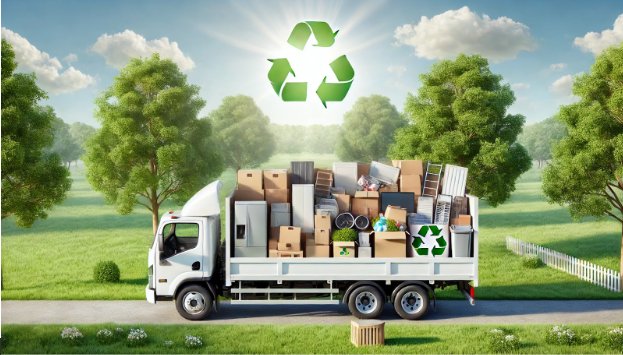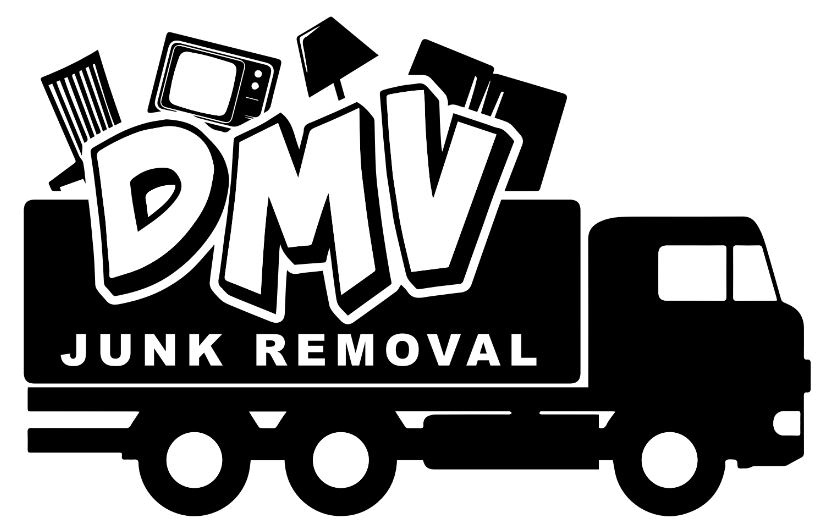
The Ultimate Guide to Eco-Friendly Junk Disposal
Are you looking for ways to dispose of junk without harming the planet? Eco-friendly junk disposal is a growing priority as we face mounting environmental challenges. This guide will help you reduce waste, recycle responsibly, and adopt sustainable disposal practices.
What is Eco-Friendly Junk Disposal?
Eco-friendly junk disposal involves managing waste in a way that minimizes harm to the environment. This includes recycling, donating reusable items, and properly disposing of hazardous materials. It's about turning trash into resources and reducing what ends up in landfills.
Why Does Eco-Friendly Junk Disposal Matter?
- Reduces Environmental Impact: Traditional disposal methods increase pollution. Sustainable practices help preserve ecosystems.
- Saves Resources: Recycling conserves raw materials and reduces the energy needed for production.
- Supports Communities: Donating items helps those in need while keeping reusable items out of landfills.
Eco-Friendly Junk Disposal at a Glance
| Type of Junk | Disposal Method |
|---|---|
| Recyclables | Local recycling programs |
| Clothing | Donation centers, consignment shops |
| Electronics | E-waste recycling |
| Hazardous Materials | Specialized disposal facilities |
| Organic Waste | Composting |
Key Strategies for Eco-Friendly Junk Disposal
1. Sort Your Junk
Begin by separating items into categories:
- Recyclables (plastic, paper, glass, metal)
- Reusable items (clothing, furniture, electronics)
- Hazardous materials (batteries, chemicals, e-waste)
Sorting ensures everything goes to the right place.
2. Recycle Properly
Recycling is crucial but often misunderstood. Follow these tips:
- Check local recycling rules.
- Clean and dry recyclable materials.
- Avoid contamination by keeping non-recyclables out of bins.
3. Donate Usable Items
Before tossing things out, consider donating:
- Clothes to shelters or thrift stores.
- Electronics to refurbishing programs.
- Furniture to local charities.
Donating gives your items a second life and supports those in need.
4. Dispose of Hazardous Waste Correctly
Items like batteries, paint, and electronics require special handling:
- Use local hazardous waste collection programs.
- Avoid dumping chemicals down the drain.
- Check for e-waste recycling facilities near you.
Pro Tips for Sustainable Junk Disposal
- Compost Organic Waste: Turn food scraps and yard waste into nutrient-rich compost.
- Use Junk Removal Services: Opt for eco-conscious companies that recycle and donate.
- Host a Swap Meet: Exchange items with friends or neighbors to keep items in use.
FAQs About Eco-Friendly Junk Disposal
Q: What should I do with old electronics?
A: Many electronics stores and community centers have e-waste recycling programs.
Q: How can I reduce waste at home?
A: Adopt habits like composting, using reusable products, and buying less disposable packaging.
Q: What items can’t be recycled?
A: Items like greasy pizza boxes, plastic bags, and certain types of glass (e.g., mirrors) are often non-recyclable.
Quick & Reliable
We are available by phone or email
DMV Area
(703) 943-8782
Cities we service
Services
All Rights Reserved | DMV Junk Removal

